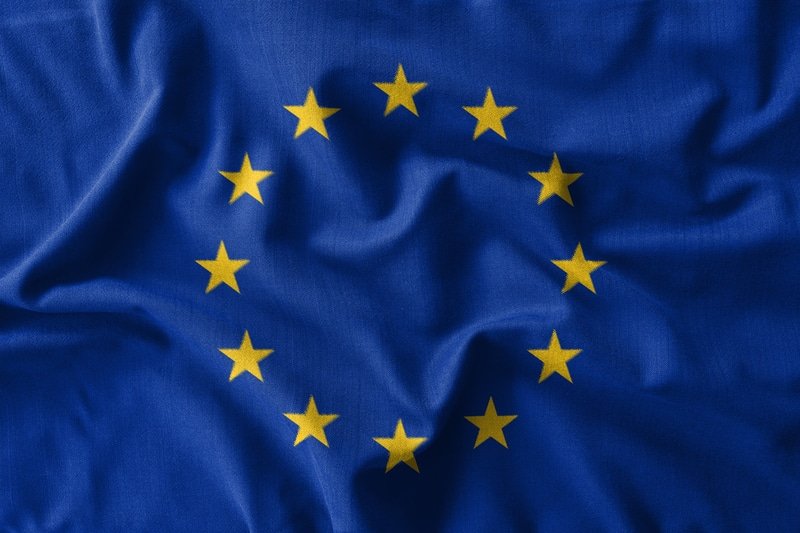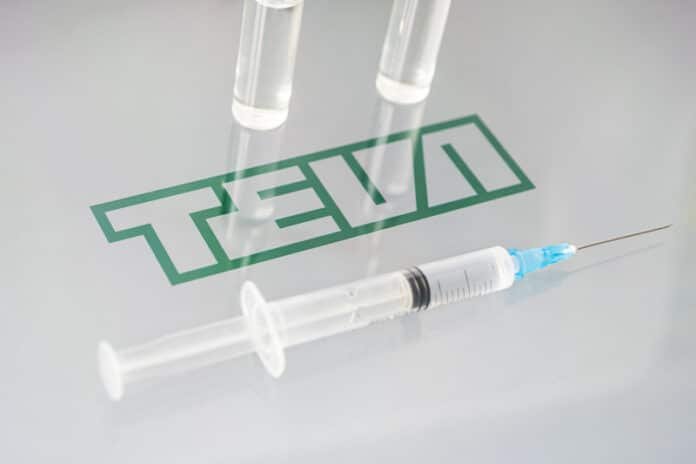In a landmark decision, the European Commission fined Teva Pharmaceuticals 462.6 million euros for leveraging its dominant position to delay the market entry of competitor treatments for multiple sclerosis (MS). The fine addresses both Teva’s manipulation of patent protections and its misleading marketing tactics, which were aimed at dissuading healthcare providers from considering a rival drug.
Teva, an Israel-based pharmaceutical giant, has long been a prominent player in the treatment of multiple sclerosis, with Copaxone—its brand-name drug containing glatiramer acetate—serving as a cornerstone of its product portfolio. Approved for the treatment of relapsing forms of multiple sclerosis, Copaxone became widely prescribed across Europe due to its efficacy and patent-backed exclusivity, which extended until 2015. This exclusivity granted Teva significant control over pricing, contributing to high revenues.
However, with Copaxone’s patent protection nearing expiration, Teva faced increasing pressure from generic alternatives, especially in the European Economic Area (EEA). The end of Copaxone’s patent period would ordinarily permit lower-cost generic drugs to enter the market, driving down prices and providing cost-saving options for patients and public healthcare systems alike. Teva, determined to safeguard its market share and revenue, is alleged to have deployed a range of strategies to prevent or slow down this competition.
Central to the Commission’s case against Teva was the allegation of patent system abuse. As Copaxone’s patent was set to expire, Teva reportedly filed a series of divisional patents designed to artificially extend the drug’s exclusivity. Divisional patents, which stem from a parent patent but address distinct aspects of an invention, enable patent holders to create additional protections around their primary patents. While divisional patents are a legitimate tool when used appropriately, Teva allegedly employed them in a calculated sequence, resulting in a complex web of secondary patents surrounding Copaxone’s manufacturing process and dosing protocols.
By staggering these patent filings, Teva could perpetuate legal uncertainty and prevent competitors from gaining clearance for their generics. Competitors were forced into a cycle of costly and prolonged legal challenges to clear the pathway for generic versions. To further complicate matters, Teva allegedly withdrew divisional patents just before they could be invalidated in court, thereby avoiding official rulings that might encourage similar legal outcomes for other divisional patents within its portfolio. This tactic, by maintaining a degree of market exclusivity for Copaxone, effectively postponed the introduction of competing treatments.
In addition to its patent maneuvers, Teva reportedly launched a campaign to discredit a competing MS drug that had received regulatory approval for safety and effectiveness. This disparagement campaign aimed to sow doubts about the rival drug’s therapeutic equivalence to Copaxone among key healthcare stakeholders, including doctors and decision-makers responsible for drug pricing and reimbursement policies. Teva allegedly spread misleading information regarding the competitor drug’s safety and efficacy, despite assurances from health authorities that the alternative treatment met clinical standards.
By targeting key figures in the healthcare sector, Teva sought to stall the rival drug’s acceptance and hinder its market growth. This approach was designed to capitalize on the hesitancy of doctors and other decision-makers to prescribe or approve a medication perceived as inferior or risky. The Commission viewed this as an abuse of market dominance, underscoring that all healthcare professionals should receive truthful and evidence-based information on available treatments to make informed decisions.
Teva’s actions, according to the European Commission, represent a breach of Article 102 of the Treaty on the Functioning of the European Union (TFEU), which prohibits abuse of a dominant market position. Article 102 targets conduct that may restrict or distort competition, ultimately harming consumers. In this case, the Commission argued that Teva’s actions, aimed at delaying or preventing access to lower-cost alternatives, not only undermined competition but also posed a burden on public healthcare budgets. In countries affected by Teva’s conduct, the price of MS medications remained artificially high, costing public health systems millions more than necessary.
Once generic versions of glatiramer acetate did enter the market, list prices for MS treatments fell by as much as 80%, indicating the substantial savings Teva’s tactics had delayed. The Commission’s ruling emphasizes the negative impact that anti-competitive behaviour in the pharmaceutical sector can have on both patients and public budgets.
The Commission’s investigation revealed that Teva’s anti-competitive actions varied in duration across countries, spanning from four years in the Netherlands to nine years in Poland. This prolonged timeline allowed Teva to maintain Copaxone’s market dominance despite the availability of alternative therapies. Teva’s tactics extended across several EEA countries, including Belgium, Czechia, Germany, Italy, the Netherlands, Poland, and Spain. The investigation concluded that Teva’s actions collectively amounted to a single and continuous infringement, deliberately executed to hinder competition over an extended period.
The Teva case has broader implications for the pharmaceutical industry, particularly in light of growing concerns about patent abuse and the potential for companies to delay access to affordable treatments. The Commission’s decision signals a heightened scrutiny of similar practices across the EU, and it serves as a reminder to pharmaceutical companies that divisional patents and marketing tactics must be employed responsibly. Companies found in breach of EU competition laws are subject to stringent penalties.
Teva may have the option to appeal the Commission’s decision, which could lead to a review by the Court of Justice of the European Union (CJEU). However, regardless of the outcome of any potential appeal, the ruling offers critical legal groundwork for private claims. Any party affected by Teva’s actions may file for damages in national courts within the EU. Under EU law, a Commission decision that has become final constitutes binding proof of illegal conduct, simplifying the process for plaintiffs seeking restitution.




